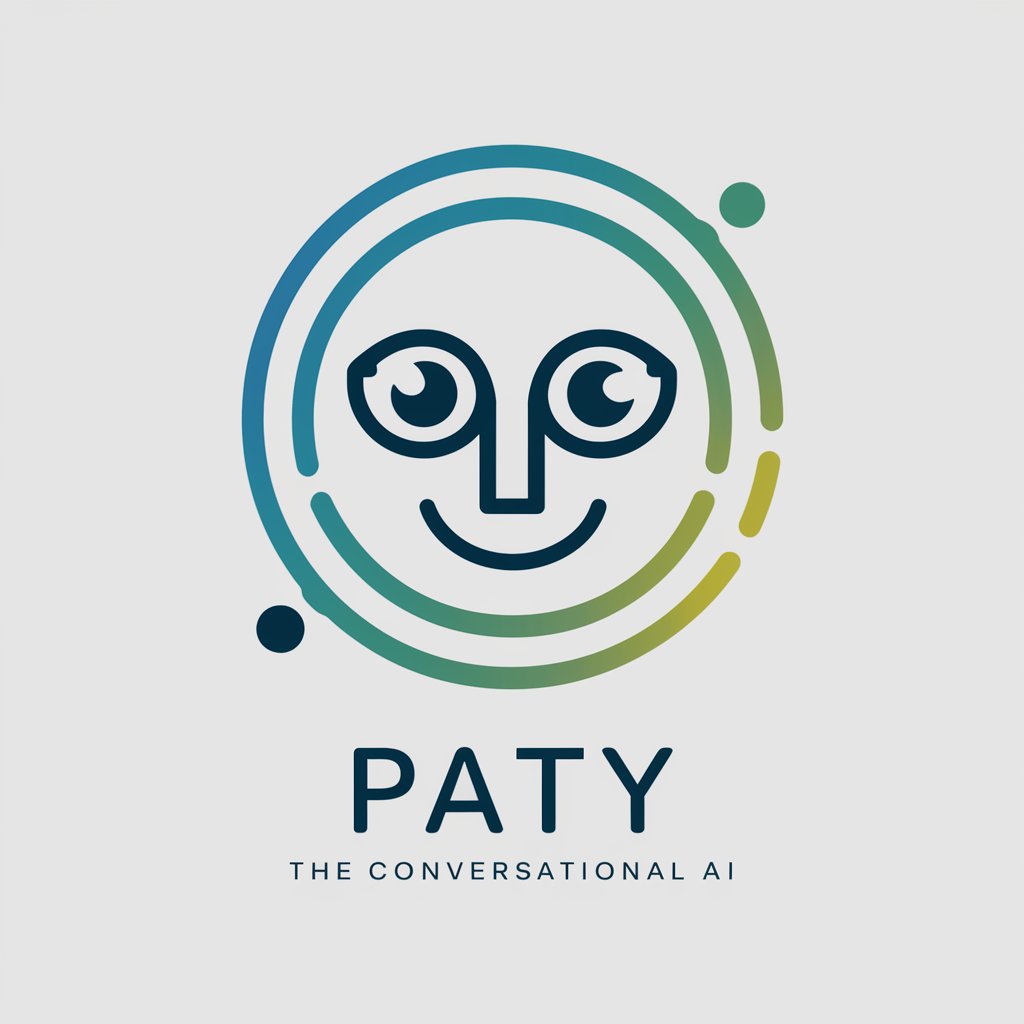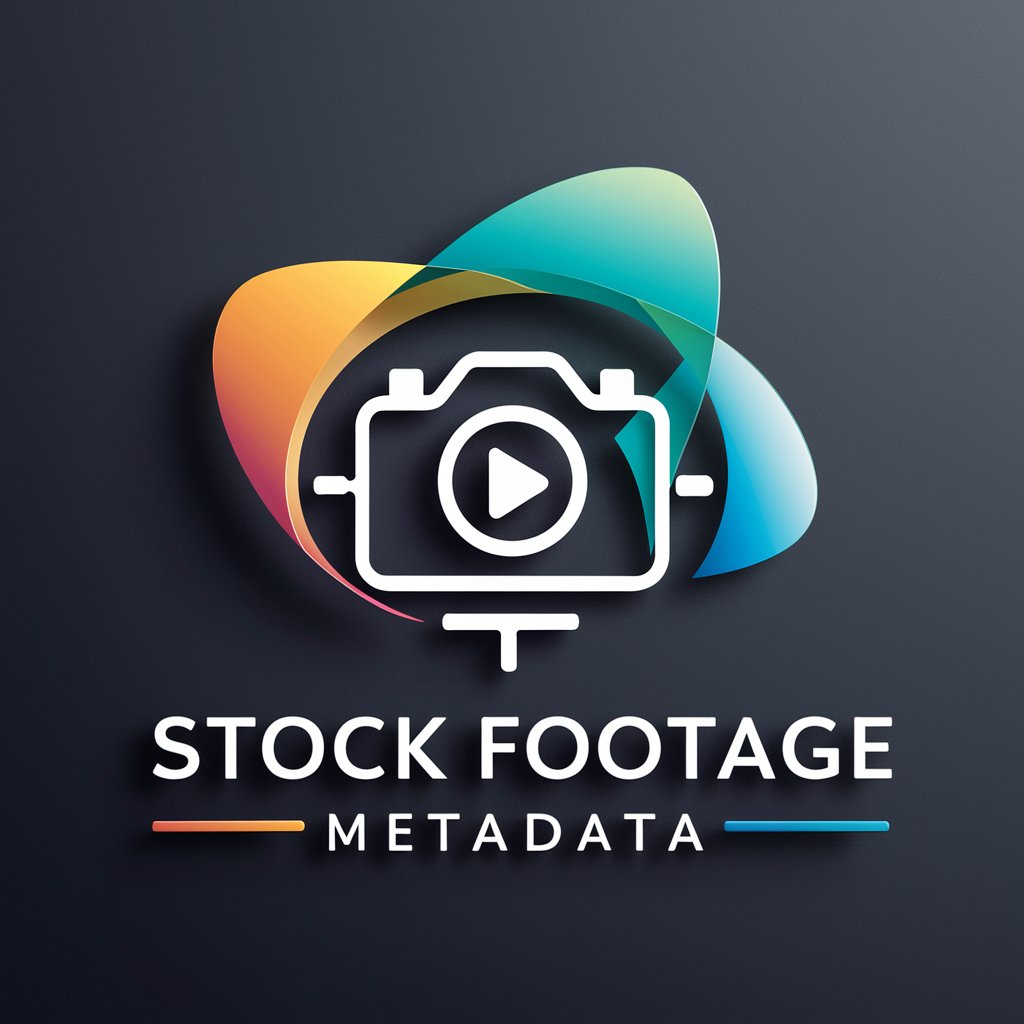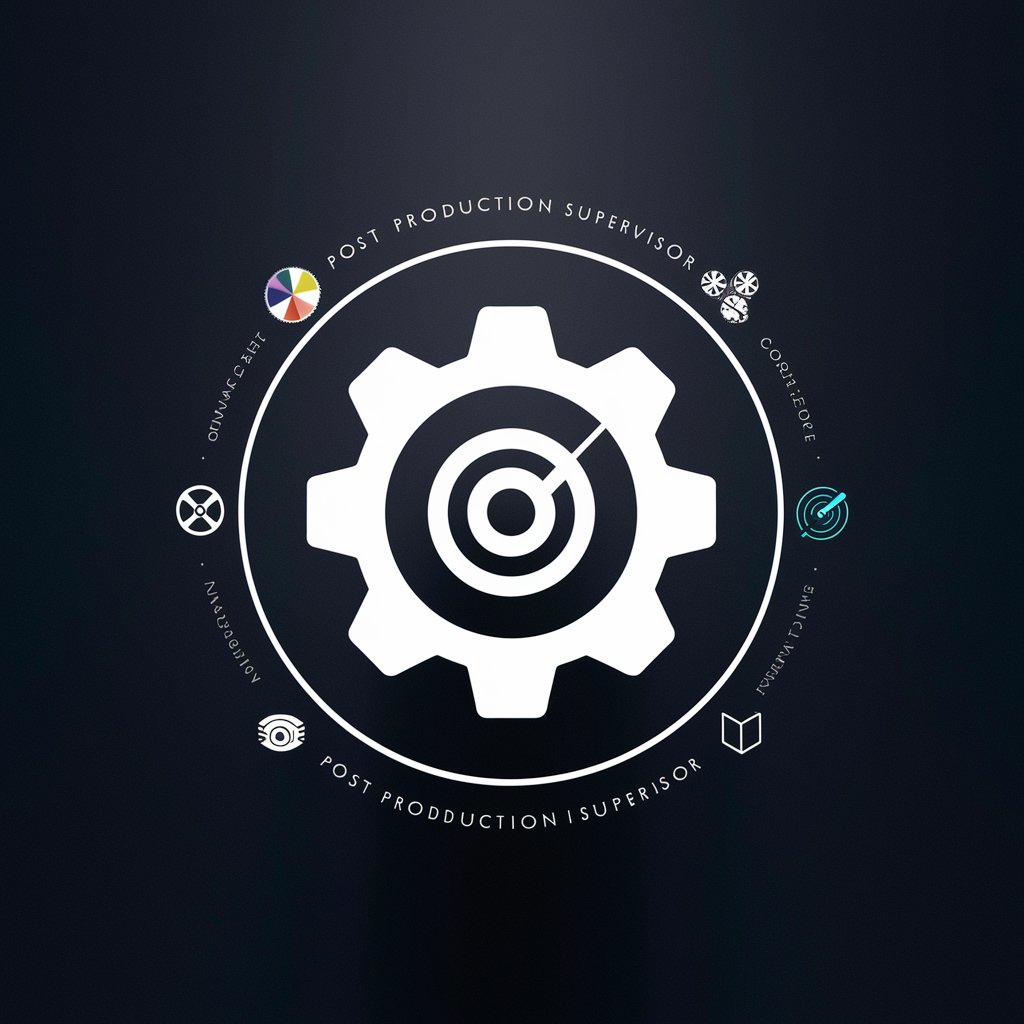7 GPTs for Media Management Powered by AI for Free of 2025
AI GPTs for Media Management are advanced tools designed to assist with various tasks in the field of media management, utilizing the power of Generative Pre-trained Transformers (GPTs). These tools leverage AI to automate, optimize, and personalize media-related activities, ranging from content creation and editing to distribution and analysis. By understanding natural language, GPTs provide tailored solutions that enhance efficiency and creativity in managing digital content, making them invaluable for professionals in the media sector.
Top 7 GPTs for Media Management are: Title and Keyword Generator,Paty TIMESTAMPS E TAGS e TÍTULOS,Metadata Maestro,MOV to MP4 Converter,Post Supervisor,Dynamic File Converter,Fairplay
Title and Keyword Generator
Enhance discoverability with AI-powered metadata

Paty TIMESTAMPS E TAGS e TÍTULOS
Elevate Your Media with AI-Driven Tags and Titles

Metadata Maestro
Elevate Your Content's Discoverability

MOV to MP4 Converter
Effortless, AI-powered video conversion

Post Supervisor
Elevate your post-production with AI

Dynamic File Converter
Transform files effortlessly with AI

Fairplay
Elevate Your Game with AI-Powered Insights

Key Attributes of AI GPTs in Media Management
AI GPTs tools for Media Management boast a wide range of capabilities. These include natural language understanding for content creation, automated editing features, sophisticated analytics for audience engagement, and personalized content recommendations. Unique to these tools are their adaptability and scalability, catering to both simple and complex media management tasks. Special features like language learning, technical support, web searching, image generation, and data analysis capabilities further distinguish these AI solutions, enabling them to address the multifaceted needs of the media industry.
Who Benefits from AI GPTs in Media Management
The primary users of AI GPTs for Media Management include media professionals, marketing teams, content creators, and digital agencies. These tools are also highly beneficial for novices seeking to enter the media domain, providing them with easy-to-use interfaces and automated processes. Simultaneously, developers and technical users can leverage these tools' advanced customization options, making them versatile solutions for individuals and organizations at various skill levels.
Try Our other AI GPTs tools for Free
Multilingual Illustration
Explore AI GPT tools for Multilingual Illustration, designed for seamless multilingual content creation, translation, and global communication.
SEO Assistance
Discover how AI GPTs revolutionize SEO with automated content optimization, technical support, and competitive analysis, streamlining your digital marketing strategy.
Bootstrap Formatting
Discover AI-powered tools for Bootstrap Formatting that streamline web development with automated code generation, design suggestions, and optimization features, tailored for both beginners and professionals.
Business Clarity
Discover how AI GPTs for Business Clarity can transform your data into actionable insights, enhancing decision-making and strategic planning with advanced AI technology.
Family Albums
Discover how AI-powered tools transform family albums into digital treasures, making it easy to organize, enhance, and share your cherished memories.
Holiday Scrapbooks
Discover how AI GPTs revolutionize holiday scrapbooking with automated entries, creative content generation, and personalized experiences, all through an easy-to-use platform.
Further Perspectives on AI GPTs in Media
AI GPTs stand out for their user-friendly interfaces and the potential for seamless integration with existing systems. These tools are not just about automating tasks; they offer customized solutions across different sectors of the media industry, driving innovation and efficiency. Their adaptability to both user skill levels and technical requirements highlights their role as a transformative element in media management.
Frequently Asked Questions
What is AI GPT for Media Management?
AI GPT for Media Management refers to the application of Generative Pre-trained Transformers in automating and optimizing tasks within media content management, including creation, editing, distribution, and analysis.
How do these tools improve content creation?
They automate routine tasks, provide creative suggestions, and personalize content to match audience preferences, significantly improving efficiency and innovation in content creation.
Can non-technical users easily use these tools?
Yes, these tools are designed with user-friendly interfaces that require no coding skills, making them accessible to non-technical users.
Are there customization options for technical users?
Absolutely. Technical users can access advanced settings and APIs for customization, allowing them to tailor the tools to specific needs.
How do AI GPTs tools analyze audience engagement?
They utilize AI algorithms to process engagement data, identifying patterns and preferences to inform content strategy and personalization.
Can these tools integrate with existing systems?
Yes, many AI GPTs for Media Management offer integration capabilities with existing content management systems and workflows, enhancing their utility.
What makes AI GPTs unique in media management?
Their ability to learn from data, understand natural language, and generate personalized content at scale sets them apart in the media management landscape.
Are there any limitations to using AI GPTs in media management?
While highly effective, these tools may require ongoing training and fine-tuning to accurately align with specific media goals and audience needs.